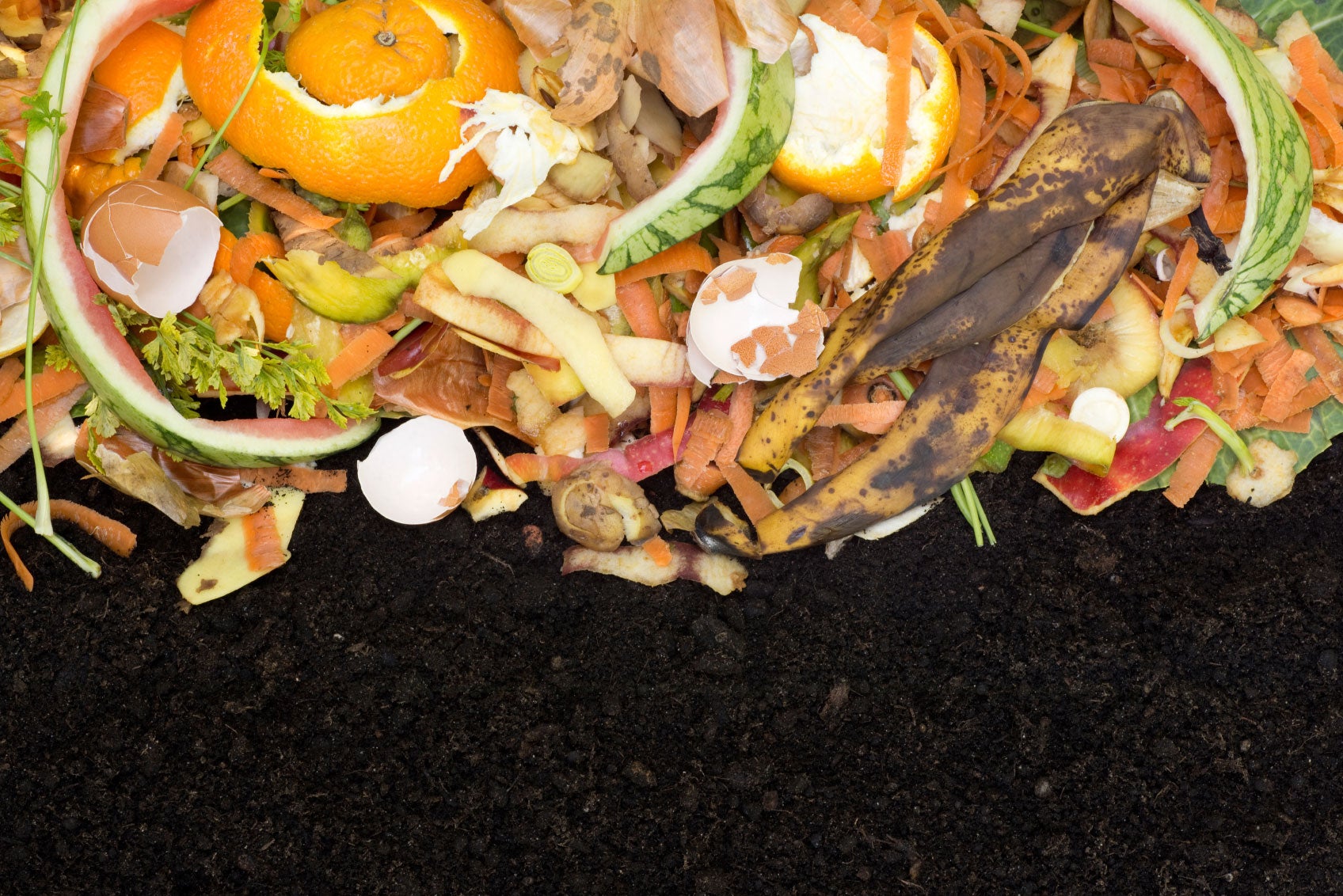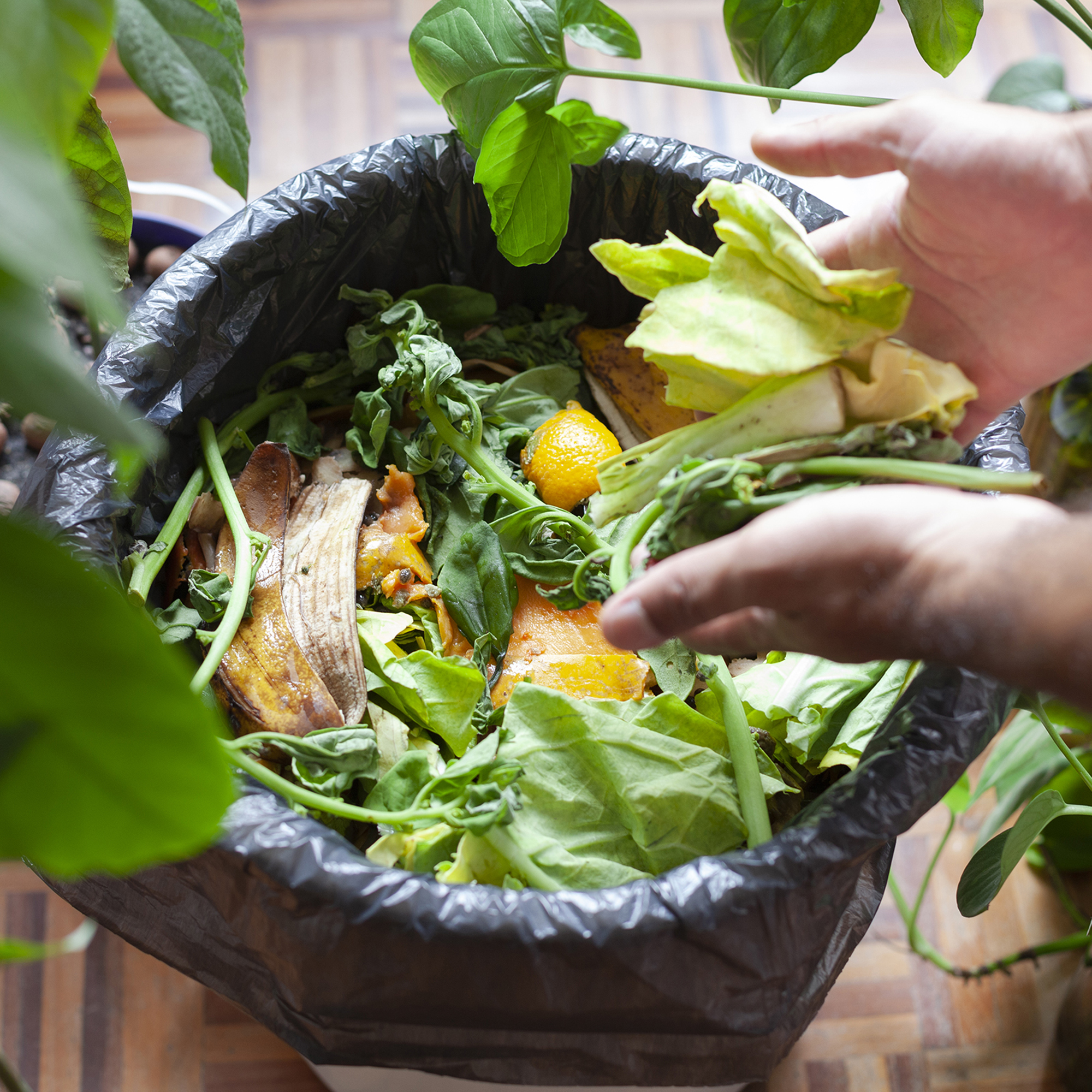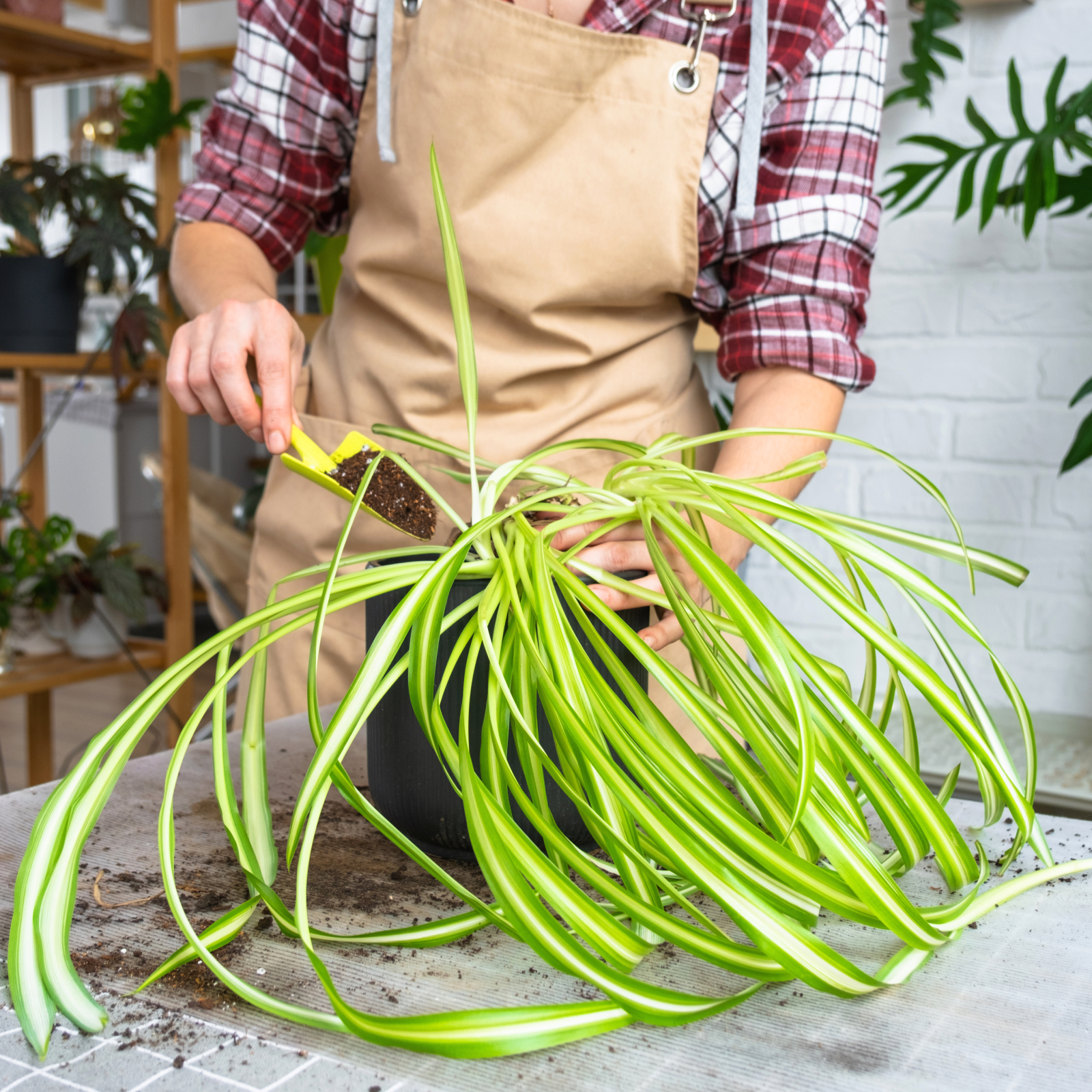Can Compost Be Used As Mulch: Information On Using Compost As Garden Mulch

In a sustainable garden, compost and mulch are important ingredients that should be used constantly to keep your plants in top condition. If they're both so important, what's the difference between compost and mulch? Mulch is any material put on top of the soil around plants to help keep in moisture and shade out weeds. You can make mulch from dead leaves, wood chips, and even shredded tires. On the other hand, compost is a mixture of decomposed organic ingredients. Once the ingredients in the compost mix break down, it becomes a universally prized substance gardeners know as “black gold.” If you have a large compost pile and have more than enough for your soil amendment, finding out how to use compost for mulch is the logical next step in your landscaping design.
Compost Mulch Benefits
There are a number of compost mulch benefits besides simply using up all the excess compost in your pile. Frugal gardeners prize using compost as mulch because it's free. Compost is made up of discarded yard and kitchen waste, in other words, rotten trash. Instead of having to buy bags of wood chips, you can pour shovelfuls of mulch around your plants for free. Using compost as garden mulch gives all the benefits of regular, non-organic mulches and adds the bonus of nutrients being constantly leached into the soil below. As the rain runs through the compost, micro amounts of nitrogen and carbon are washed downward, constantly improving the soil.
How to Use Compost for Mulch in Gardens
Like most mulch, a thick layer is better than a thinner one to help shade out sunlight from emerging weeds. Add a 2 to 4 inch (5-10 cm.) layer of compost over the soil around all your perennials, extending the layer outward about 12 inches (31 cm.) from the plants. This layer will slowly work its way into the soil during the growing season, so add additional layers of compost mulch every month or so during the summer and fall. Can compost be used as mulch year-round? It won't hurt the plants to have their roots covered with mulch through the winter months; in fact, it may help to insulate younger plants from the worst of the ice and snow. Once spring arrives, remove the compost from around the plants to allow the sunlight to warm and thaw the soil.
Gardening tips, videos, info and more delivered right to your inbox!
Sign up for the Gardening Know How newsletter today and receive a free copy of our e-book "How to Grow Delicious Tomatoes".
-
 4 Superfast Composting Methods: Turn Waste Into Garden Gold In 30 Days Or Less
4 Superfast Composting Methods: Turn Waste Into Garden Gold In 30 Days Or LessTry the fastest composting methods to turbocharge your pile and transform kitchen scraps and garden waste into finished compost in just a few weeks.
By Mary Ellen Ellis
-
 Best Spider Plant Soil – Complete Soil Guide And Expert Tips For Keeping Plants Happy
Best Spider Plant Soil – Complete Soil Guide And Expert Tips For Keeping Plants HappySpider plants are fun and easy plants to grow, but what is the best soil for a spider plant? Selecting the right soil is important so they can thrive.
By Bonnie L. Grant